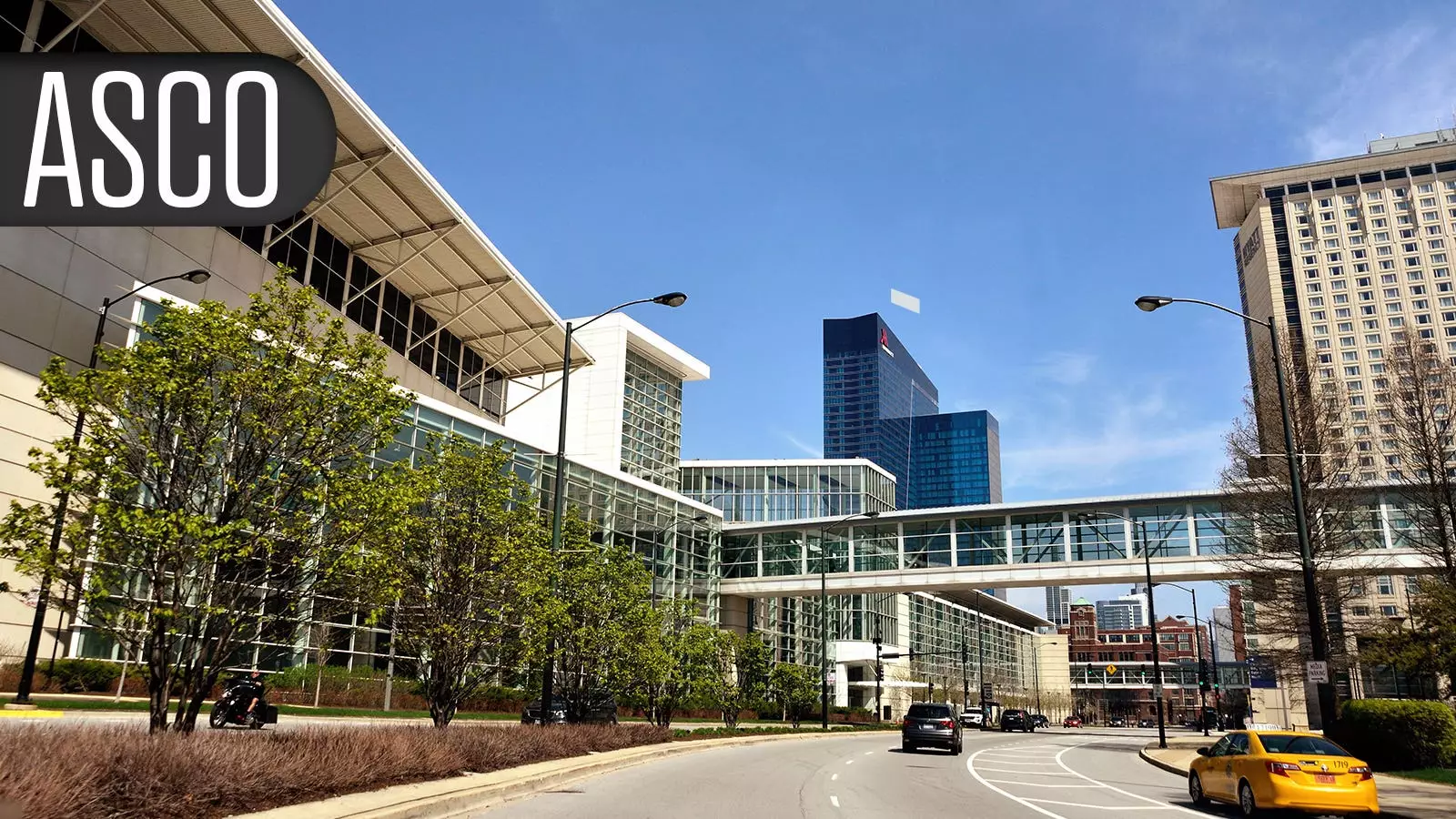Diffuse large B-cell lymphoma (DLBCL) is a challenging type of cancer to treat, especially in cases of relapse or refractory disease. However, a recent interim analysis of the phase III ECHELON-3 trial revealed some promising results in the third-line setting. This study investigated the use of a triplet combination therapy involving brentuximab vedotin (BV), lenalidomide, and rituximab. The results demonstrated a significant improvement in overall survival (OS) when BV was added to the lenalidomide-rituximab regimen. These findings could potentially address an unmet need for patients with relapsed/refractory DLBCL.
The addition of BV to lenalidomide-rituximab not only showed improvements in OS but also in progression-free survival (PFS), overall response rates, and complete response (CR) rates. This combination therapy may offer a ray of hope for patients who are ineligible for other intensive treatments such as CAR-T cell therapy, transplantation, or bispecific antibodies. These patients often face challenges like access issues, comorbidities, and prior treatment exposure, making the triplet regimen a valuable option for them.
One of the notable aspects of the ECHELON-3 trial was the inclusion of patients with high-risk disease subsets. The results showed that the OS benefit of the BV-containing regimen extended to those with a high International Prognostic Index (IPI) score, advanced age, non-germinal center B-cell (GCB) phenotype, and prior exposure to CAR-T therapy. This suggests that the triplet combination could be particularly beneficial for patients who have limited treatment options due to their high-risk profile.
While the promising results of the triplet regimen are encouraging, it is important to acknowledge the associated toxicities. The trial revealed a higher incidence of grade 3 or greater treatment-emergent adverse events (AEs), as well as increased hematologic toxicity and peripheral neuropathy. These side effects, including some AE-related deaths, underscore the need for careful monitoring and management of patients undergoing this combination therapy.
The findings from the ECHELON-3 trial offer a glimpse of hope for patients with relapsed/refractory DLBCL. The triplet combination therapy of BV, lenalidomide, and rituximab demonstrated significant improvements in survival outcomes, particularly for high-risk patient populations. While there are concerns regarding toxicities associated with this regimen, the overall benefits seem to outweigh the risks in certain patient groups. Further research and long-term follow-up are needed to fully understand the implications of this treatment approach and its potential role in the management of DLBCL.



Leave a Reply